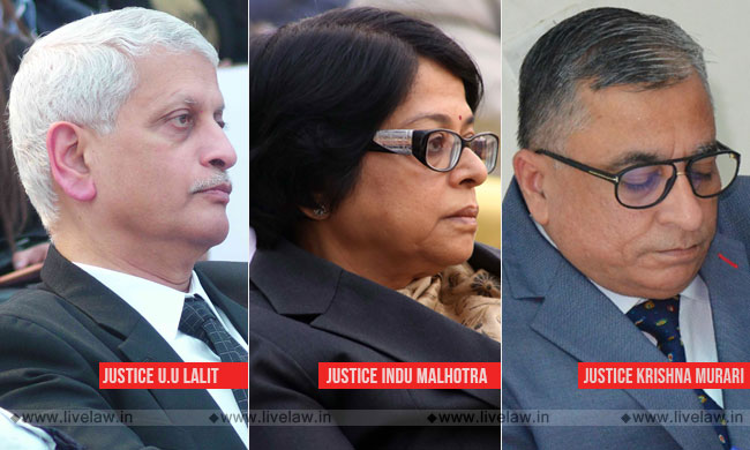Supreme Court Acquits Man Who Was Sentenced To Death In A Dacoity With Murder Case
LIVELAW NEWS NETWORK
6 Jan 2021 12:01 PM IST

Next Story
6 Jan 2021 12:01 PM IST
The Supreme Court has acquitted a man who was sentenced to death in a dacoity with murder case.In this case, six accused, were convicted by the Trial Court finding them guilty of offences punishable under Sections 396, 412 of Indian Penal Code and under Section 3(2)(v) of the Scheduled Castes and Scheduled Tribes (Prevention of Atrocities) Act. One of them, Hari Om @ Hero was awarded...
